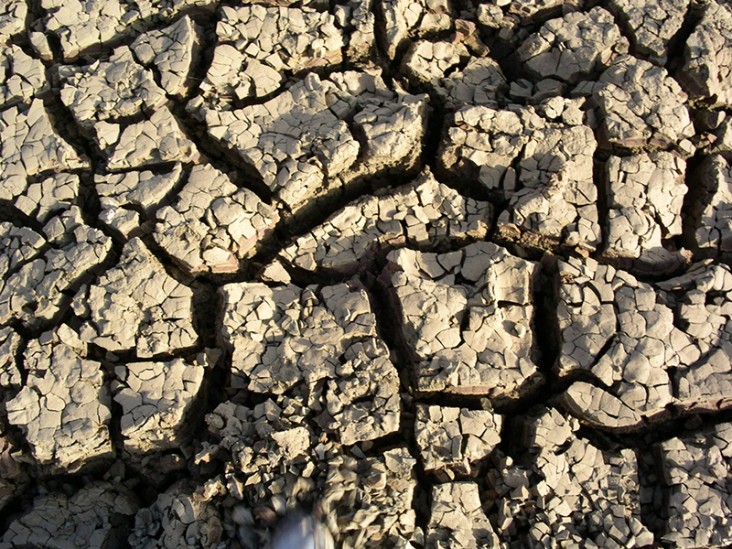- What We Do
- Agriculture and Food Security
- Democracy, Human Rights and Governance
- Economic Growth and Trade
- Education
- Environment and Global Climate Change
- Gender Equality and Women's Empowerment
- Global Health
- Humanitarian Assistance
- Transformation at USAID
- Water and Sanitation
- Working in Crises and Conflict
- U.S. Global Development Lab
Speeches Shim

Latest Fact Sheet
2020_09_30 USG Southern Africa Fact Sheet #3 ![]() (pdf - 432k)
(pdf - 432k)
view text version [pdf, 191kb]
2020_09_30 USG Southern Africa Program Map ![]() (pdf - 2 MB)
(pdf - 2 MB)
Key Developments
Efforts to limit the spread of coronavirus disease (COVID-19) across the Southern Africa region—including in Angola, Botswana, Comoros, Eswatini, Lesotho, Madagascar, Malawi, Mozambique, Namibia, South Africa, Zambia, and Zimbabwe—have slowed economic activity and negatively affected livelihoods, restricting access to food and other essential goods and services, according to relief actors.
USAID is also responding to disasters in neighboring Southern Africa countries.
Background
Eswatini experiences erratic rainfall, recurrent droughts, and soil degradation, which can adversely impact food security. In addition to responding to urgent humanitarian needs, USAID supports interventions to build the capacity of people in Eswatini to withstand disasters. For example, USAID has supported programs to help mitigate the impacts of climate shocks by improving access to water and promoting conservation agriculture methods and holistic grazing land management.

Comment
Make a general inquiry or suggest an improvement.